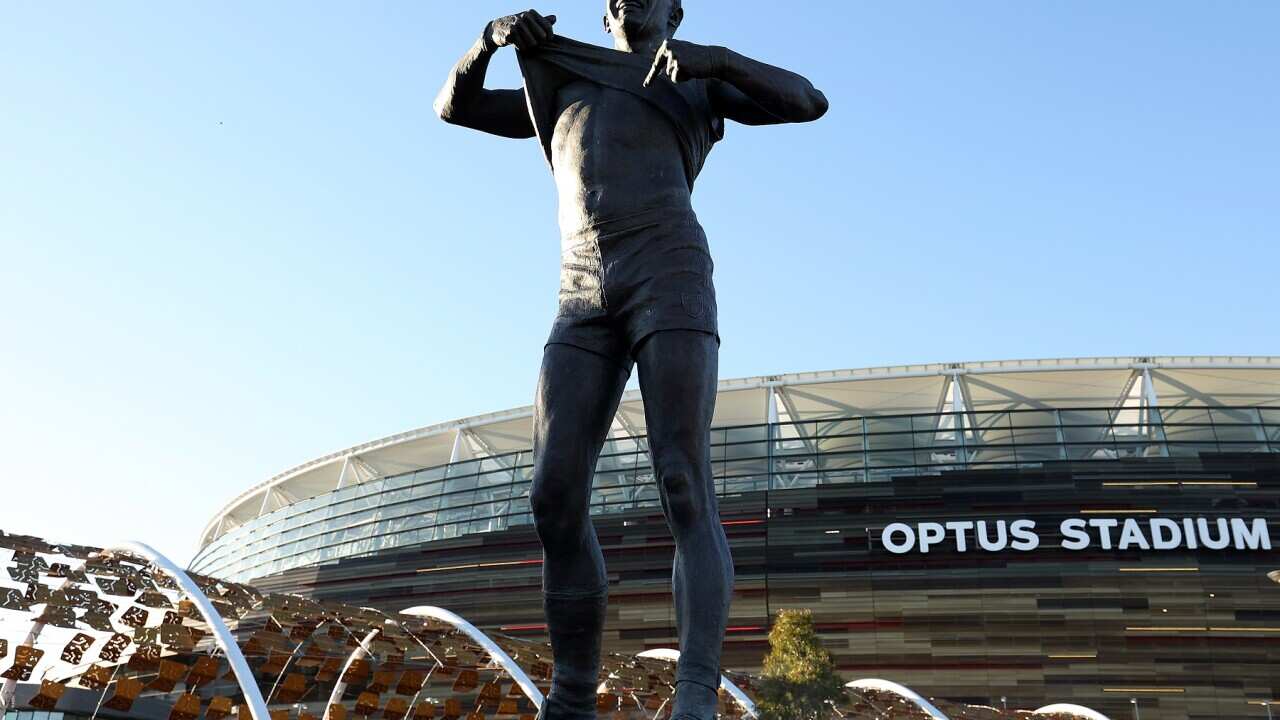The iconic picture taken of Winmar pointing to his chest on the field has become a symbol for Indigenous players in the AFL thirty years later, with racist incidents still happening with alarming frequency.
Lions forward Charlie Cameron is one of four Indigenous players to have been abused in this year's Gather Round, while football fans still have sharp memories of Sydney Swans legend Adam Goodes being verbally attacked on a regular basis during his time on the field.
The Australian Football League has admitted it did nothing to support Goodes at the height of the abuse - but current AFL chief Gillon McLachlan says the code is now doing what it can to address racism.
"I think it offends 99.99 percent of all football followers, all Australians... The more our football community owns this, hunts people out, holds people to account, the better."
Away from the football field, local communities are also trying to come to terms with racism.
Inaz Janif is a Melbourne resident and a board member of Victoria's Islamic Council.
She says racism has been a part of her life since she was a child.
"It can be subtle, and it can be right in your face... For example, either myself or people I know have things shouted at us. It might lead to employment being denied because of the way we dress. That actually has happened to myself. It also has led to people I know - and I've witnessed - physical attacks to Muslim women, who are identifiably Muslim, often with their children. It also has led to hijabs being torn off women in public... friends who have had their cars driven off the road with their children in the vehicle."
Some researchers have tried to quantify the extent of racist attacks and attitudes in Australia.
A 2021 scoping report from the National Human Rights Commission suggested comprehensive national data was lacking.
A new survey led by Dr Mario Peucker from Victoria University is among the local studies to shed some light, focussing on the experiences of residents in the Cities of Casey and Greater Dandenong in south-east Melbourne where nearly two-thirds of residents were born overseas and more than 200 languages are spoken.
And it suggests micro-aggressions, insults, and unfair treatment are being widely experienced at work, when out shopping, or in school.




